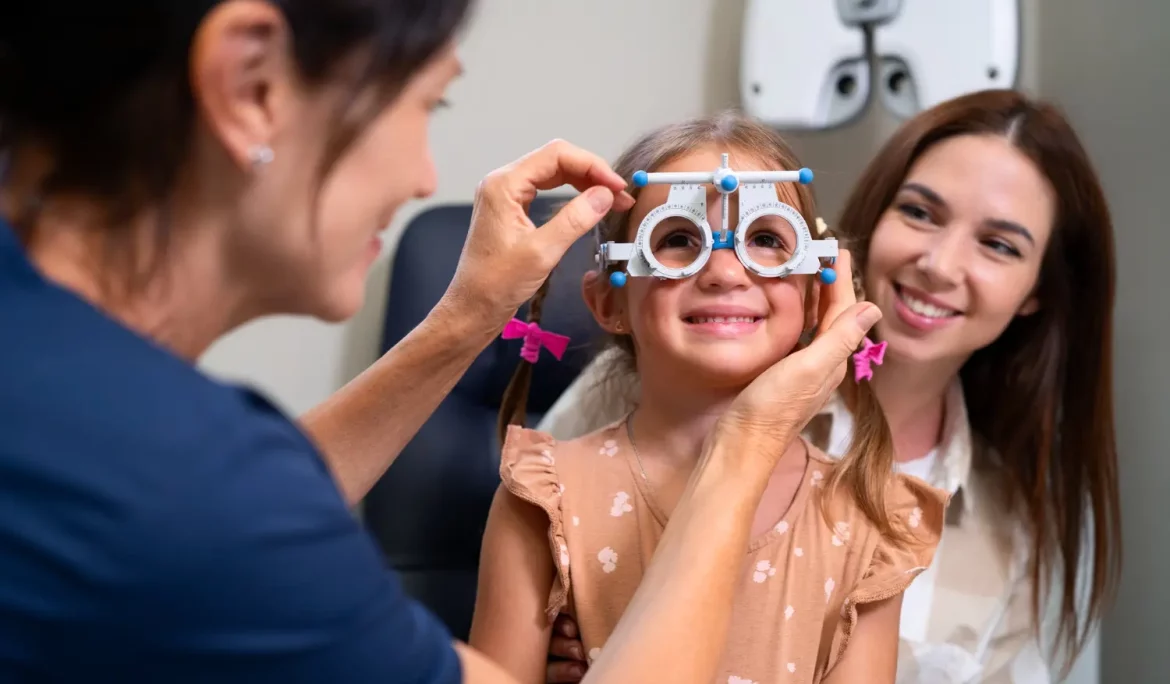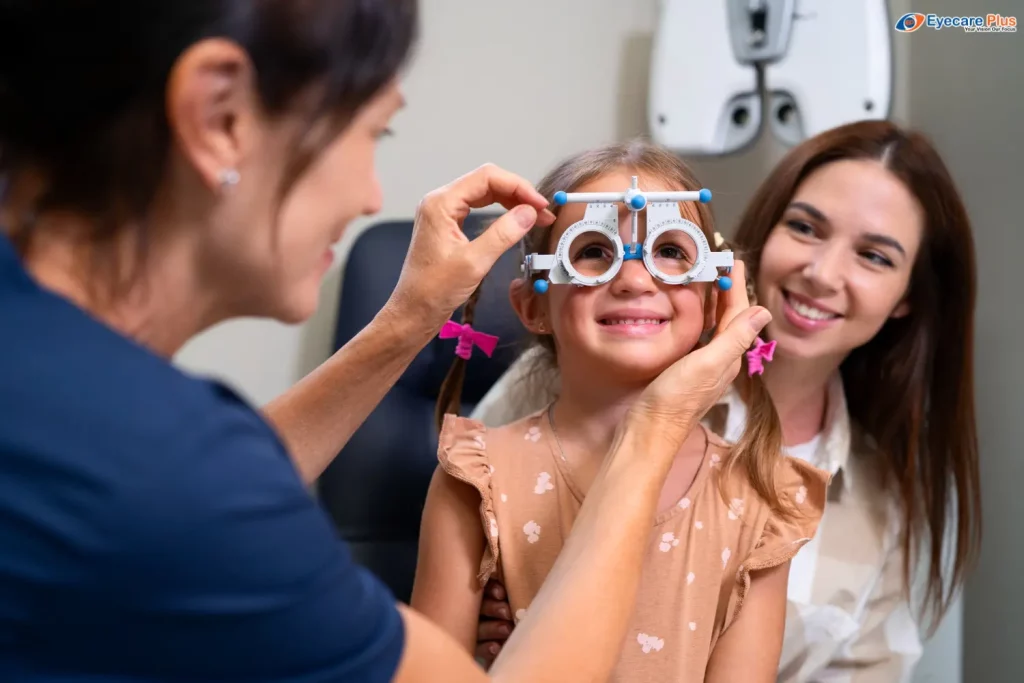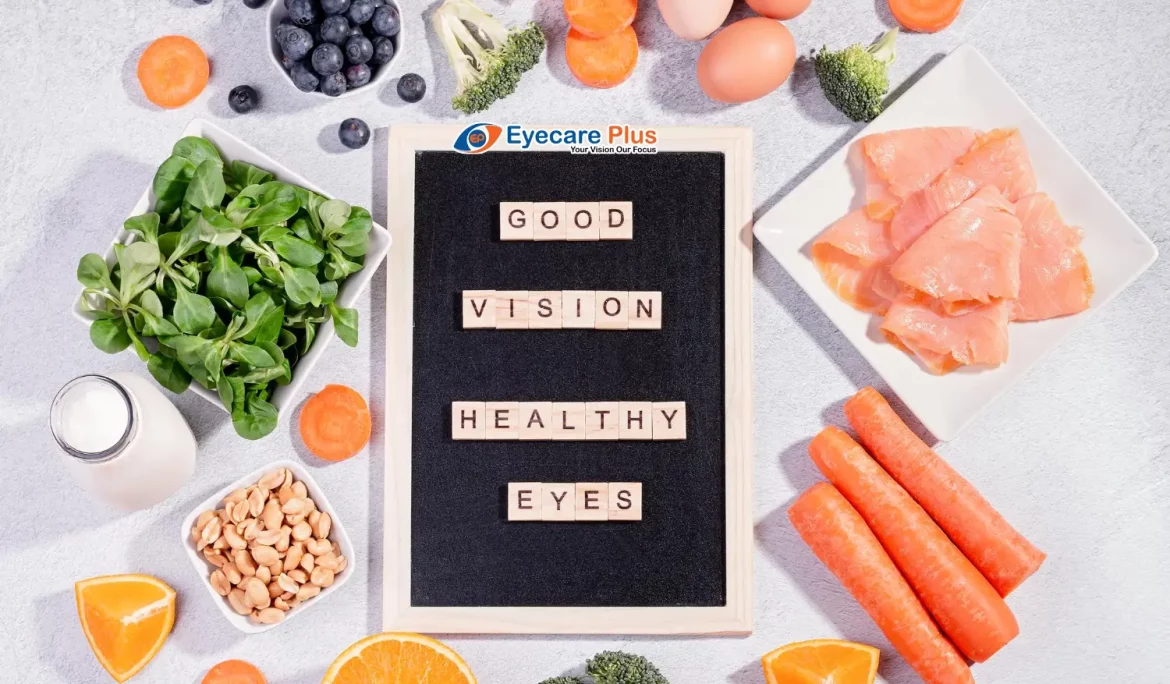As a student, your eyes are under constant pressure. From early morning classes to late-night study sessions, most of your day involves reading, writing, or staring at a screen. Over time, this can lead to eye strain, dryness, and even blurred vision.
What many students don’t realize is that vision problems don’t always show up suddenly. They often build up gradually and can start to affect how well you focus, how long you can study, and even how comfortable you feel throughout the day.
That’s why taking care of your eyes should be part of your everyday routine, just like staying hydrated or getting enough sleep.
1. Follow the 20-20-20 Rule
When you’re focused on a screen or reading for a long time, your eyes don’t get to relax. Over time, this can cause strain, dryness, and discomfort. The 20-20-20 rule is a simple and effective way to help: every 20 minutes, look at something at least 20 feet away for 20 seconds. This gives the eye muscles a short break and helps prevent fatigue, especially during long study periods.
2. Adjust Screen Settings for Comfort
Your digital devices may be making your eyes work harder than necessary. Increase text size to reduce squinting, lower screen brightness to match room lighting, and turn on blue light filters, especially in the evening. These small changes help reduce glare and strain, making screen time easier on your eyes, without affecting your work or focus.
3. Use Proper Lighting While Studying
At signal hill eye clinic, we always say: “lighting plays a big role in eye comfort”. Studying in low light or under very harsh light makes your eyes work harder to focus. Always use steady, soft lighting that fills the space evenly. If you’re using a lamp, position it to shine over your shoulder, not directly into your eyes or screen, to avoid shadows and glare.
4. Take Regular Breaks from Screens and Books
Your eyes weren’t made to focus on one thing all day. Even with the 20-20-20 rule, it’s important to step away from close-up tasks completely every hour. Stand up, stretch, look around, or go outside for a few minutes. This not only gives your eyes a real break but also reduces muscle tension and helps you come back more focused.
5. Eat Eye-Healthy Foods
Your diet has a direct impact on how well your eyes function. Nutrients like vitamin A, C, E, lutein, and omega-3 fatty acids help protect your eyes from strain and long-term damage. Try to include foods like leafy greens, carrots, eggs, citrus fruits, and fish like salmon in your meals. Even simple swaps, like choosing fruit over chips, can support your vision in the long run.
6. Get Enough Sleep Each Night
Sleep is when your eyes recover from the demands of the day. Lack of sleep can lead to dry, irritated eyes and difficulty focusing. Aim for 7–9 hours of sleep every night, especially during busy academic weeks. If your eyes feel heavy, red, or tired during the day, it may be a sign you’re not getting the rest your eyes need.
7. Schedule Regular Eye Exams
Even if your vision seems fine, regular check-ups from signal hill eye clinic help detect early signs of issues you might not notice on your own. Optometrists can catch things like eye strain, vision changes, or early symptoms of common conditions before they become a problem. As a student, getting your eyes checked once every 1–2 years can help you stay ahead of any changes that may affect your learning or comfort.
8. Keep a Safe Distance from Screens
The closer you sit to your screen, the harder your eyes have to work to stay focused. Try to keep your monitor or laptop at least an arm’s length away and position it so the top of the screen is at or just below eye level. This reduces tension in your eyes and neck and promotes more natural eye movement during reading or study sessions.
Final Thoughts
Your eyes work hard every day, especially as a student. From early mornings to late-night study sessions, they help you take in information, stay focused, and perform at your best. That’s why taking care of them should be part of your everyday routine.
By following a few simple habits, like giving your eyes breaks, eating well, sleeping enough, and getting regular check-ups, you’re not just preventing discomfort. You’re protecting your long-term vision and setting yourself up for success, both inside and outside the classroom.
Your eyes do a lot for you. Take a little time to return the favor.

















